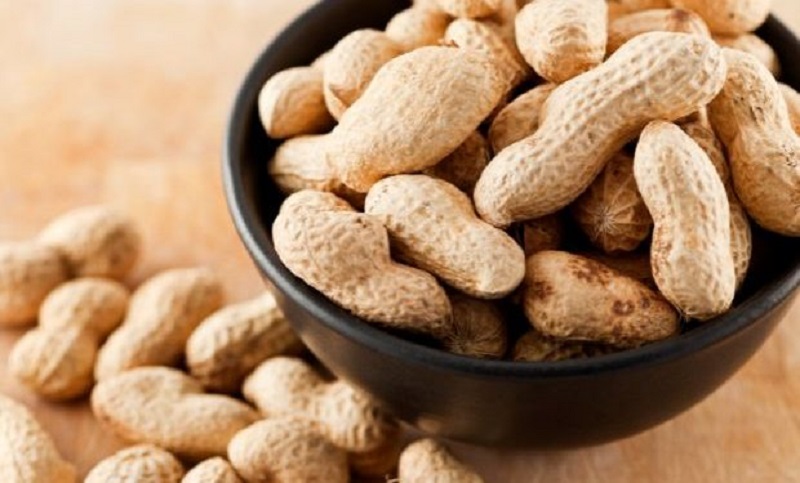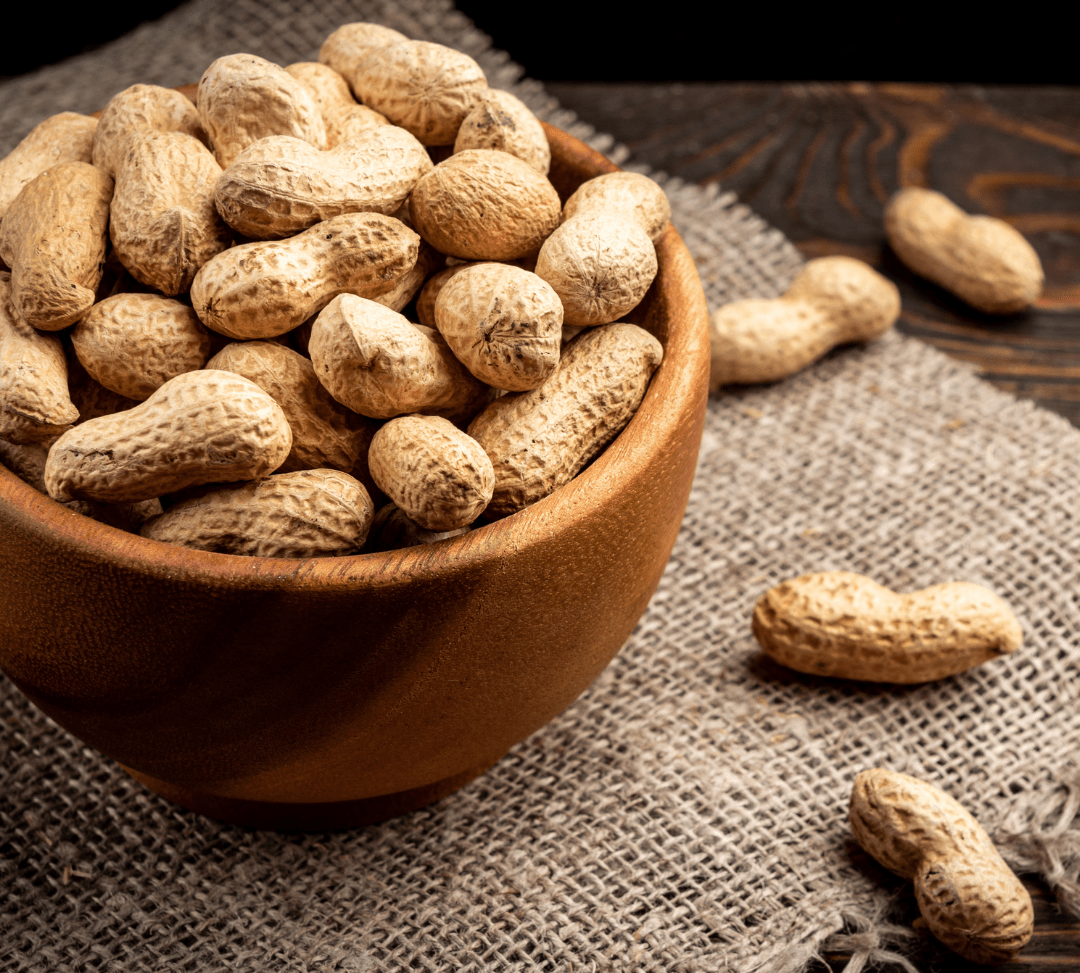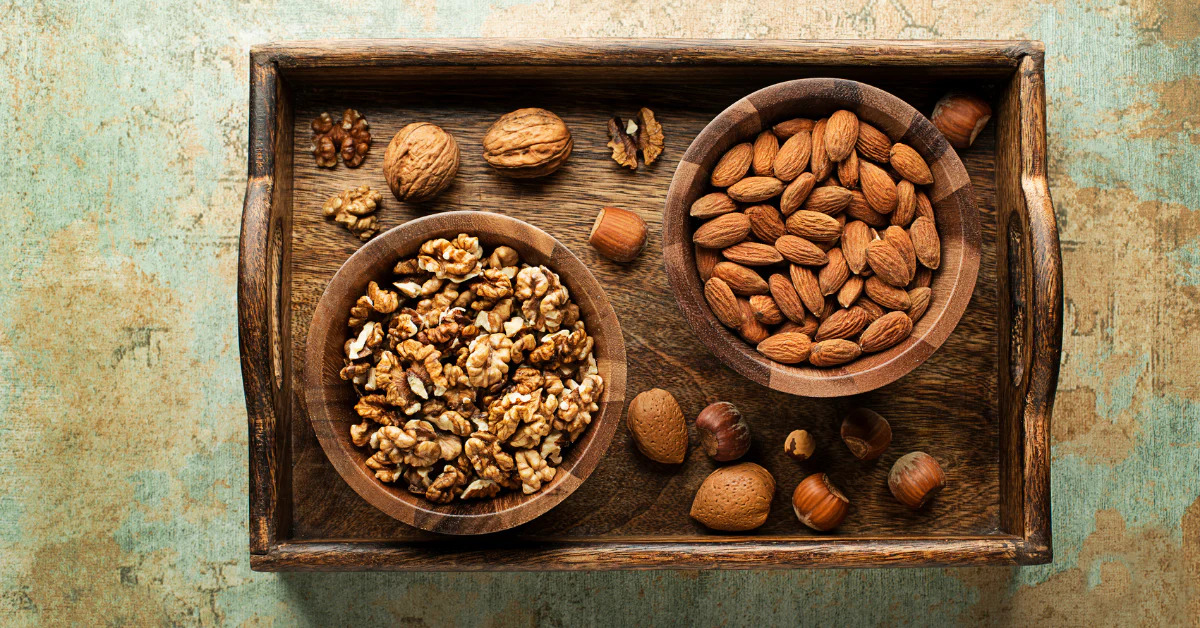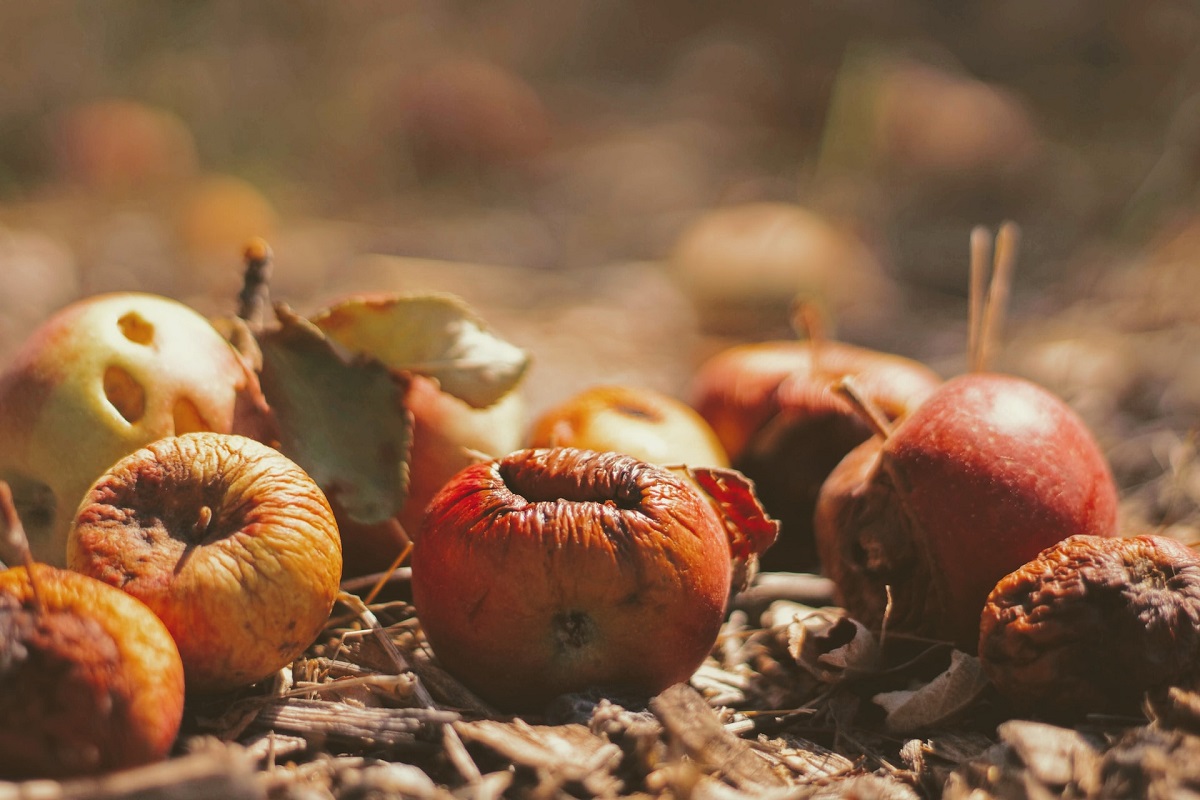Everything You Need To Know About Monkey Nuts
Are you listening to the name monkey nuts for the first time and thinking what are they? These peanuts are still in their outer protective layer or shell. These nuts have a rich history of diverse uses and provide an excellent source of protein and other nutrients such as Magnesium, Vitamin B1, and Vitamin E. Peanuts grow worldwide. Still, only producers in the USA, Africa, and China supply monkey nuts, and other countries tend to supply nibbed or blanched peanuts.
This article will describe everything you need to know about monkey nuts.
Understanding Monkey Nuts:

Monkey nuts are not nuts at all; they are legumes. They belong to the Fabaceae family which is scientifically known as Arachis hypogaea. The term “monkey nuts” likely originates from the practice of feeding peanuts to monkeys in the past. If you have ever visited the UK, you may have heard people calling peanuts as monkey nuts. In the UK, peanuts and monkey nuts are considered the same, but they may be entirely different in other countries. The term “monkey nut” originated when whole, unprocessed peanuts were a favored food for monkeys in zoos, and this name has endured through the years.
History And Cultivation
Peanuts are grown in warm climates, primarily in countries like the United States, China, India, and various African nations. They thrive in well-drained, sandy soil and require a frost-free growing season. The plant is unique; after flowering, it develops a peg that pushes into the ground, where the peanut pods form underground.
Peanuts are believed to have originated in South America, but they have been cultivated in Africa for centuries. African cultures have a rich history of incorporating peanuts into their cuisine, using them in soups, stews, and as a snack.
The peanut gained popularity in the United States during the 19th century, with George Washington Carver’s research promoting their use and cultivation. Today, peanuts are a staple in American snacks, especially in the form of peanut butter.
How Are Monkey Nuts Produced?
Unlike many other peanut products that undergo extensive processing, monkey nuts follow a more straightforward path. They are harvested directly from the ground and air-dried in the field for approximately two to three weeks. Once sufficiently dried, they are gathered and stored in dry storage facilities.
Following this initial stage, these nuts are transported to a cleaning facility where meticulous cleaning ensures the shells are completely free of residual soil. They can then be prepared for shipping or undergo further processing.
Upon cracking open the dry, brittle shell, you will discover two or three kernels retaining red skin.
Varieties Of Monkey Nuts
There are several varieties of peanuts, but following are four main types:
- Runner Peanuts: These are the most common type and are typically used for peanut butter and roasted peanut snacks.
- Virginia Peanuts: Larger and crunchier than runner peanuts, they are often used for gourmet snacks and peanut confections.
- Spanish Peanuts: These are smaller, with a reddish-brown skin. They are usually used for making peanut candies and peanut oil.
- Valencia Peanuts: These are smaller and rounder than other varieties and are often used for boiling or making peanut butter.
Nutritional Value
Peanuts are packed with essential nutrients that can be very beneficial for health. Let’s have a look at these nutrients.
Protein: Peanuts are an excellent source of plant-based protein, making them a great addition to vegetarian and vegan diets.
Healthy Fats: They contain monounsaturated and polyunsaturated fats, which are heart-healthy fats that can help reduce the risk of cardiovascular disease.
Fiber: Peanuts are an excellent dietary fiber source, aiding digestion and promoting a feeling of fullness.
Vitamins and Minerals: They are rich in vitamins like B (especially niacin and folate) and essential minerals like magnesium, phosphorus, and potassium.
What Are The Culinary Uses Of Monkey Nuts
It is an excellent quality and healthy snack on the go and is consumed as a part of a balanced and varied diet. It can also help in maintaining a healthy lifestyle. Other than kernels, the shells can also be used for different purposes, such as composting, mulching, or making packaging material.
Monkey nuts have a wide range of culinary applications:
Roasted Peanuts: Roasting peanuts enhances their flavor and texture. They can be seasoned with salt, spices, or honey for a delicious snack.
Peanut Butter: Peanut butter is a creamy or crunchy spread made from ground-roasted peanuts. It is versatile in sandwiches, baking, and various savory dishes.
Peanut Oil: Peanut oil is commonly used in cooking due to its high smoke point and neutral flavor. It is best for stir-frying and deep-frying.
Peanut Sauce: In Asian cuisine, peanuts are often used to create savory and rich peanut sauces for dishes like satay and stir-fries.
Peanut Candy: Peanuts are used in various forms of candy, such as peanut brittle and nougat.
What Are The Health Benefits Of Monkey Nuts
Consuming monkey nuts in moderation can offer several health benefits:
Heart Health: Peanuts’ healthy fats and fiber can help lower cholesterol levels and reduce the risk of heart disease.
Weight Management: Peanuts’ protein and fiber content can help manage weight by promoting satiety and reducing overeating.
Antioxidants: Peanuts contain antioxidants like resveratrol, which can help combat oxidative stress and inflammation.
Diabetes Management: Some research suggests that peanuts may help stabilize blood sugar levels due to their low glycemic index.
Do Peanuts Help In Weight Loss?
Peanuts offer a range of nutrients that can be beneficial for weight management. They are rich in protein and fiber and are known for their ability to promote sustained feelings of fullness, aiding in weight loss efforts.
Furthermore, peanuts contain an intriguing compound called resveratrol. Research has indicated that resveratrol can enhance energy expenditure and potentially mitigate weight gain in mice. While it is important to note that humans have different biology than mice, this remains a fascinating point of interest.
Can You Eat Monkey Nuts - Peanuts If You Have Nut Allergy?
Peanuts, while not classified as tree nuts, can still stimulate allergic reactions in individuals who have allergies to other tree nut varieties like almonds, walnuts, or cashews. This cross-reactivity arises from the shared allergenic proteins between peanuts and tree nuts, making even tiny amounts of peanuts potentially problematic for those with nut allergies. It is worth noting that some people may have allergies to tree nuts or peanuts separately.
Recognizing a nut allergy involves evident symptoms, although their severity can vary. Allergic reactions such as diarrhea and nausea might manifest as skin and digestive problems. In severe cases, even a minute quantity of peanuts can trigger anaphylaxis, a life-threatening allergic response.
Suppose you suspect a tree nut allergy or potential peanut allergy. In that case, it is crucial to consult with your healthcare provider before consuming peanuts to ensure your safety and receive appropriate guidance.
Conclusion
In summary, monkey nuts, or peanuts, are a fascinating legume with a rich history and diverse uses. Despite their name, they are not nuts but belong to the legume family. Peanuts are grown in warm climates worldwide and have made their mark in various cuisines and snacks.
Their journey from the field to your plate involves minimal processing, and they offer a bounty of nutrients, including protein, healthy fats, fiber, vitamins, and minerals. These nutrients contribute to their potential health benefits, such as promoting heart health, aiding in weight management, and providing antioxidants.
However, it is crucial to be mindful of peanut allergies, as even trace amounts can trigger severe reactions in susceptible individuals, especially those with tree nut allergies. Consult a healthcare professional before indulging in these versatile legumes if you have concerns or allergies. Whether enjoyed as a crunchy snack or as the base for creamy peanut butter, monkey nuts have secured their place in our kitchens and hearts.
FAQs
Monkey nuts are a common term for peanuts in their protective shell or outer pod.
Yes, monkey nuts and peanuts refer to the same legume. In some regions, they are colloquially known as monkey nuts.
No, peanuts (monkey nuts) grow underground as the plant’s flowers develop a peg that pushes into the ground, where the peanut pods form.
No, monkey nuts are not nuts; they are legumes and belong to the same family as lentils and beans.
Monkey nuts can be beneficial for weight management due to their protein and fiber content, which helps promote a feeling of fullness.
While the shell of monkey nuts is not typically consumed due to its brutal and fibrous texture, it is sometimes used for composting or mulching.
No, using “monkey nuts” to refer to peanuts is more common in certain regions, like the United Kingdom. In other countries, they are simply called peanuts.
Read More: 7 Key Actions To Restore Nature On Farmland



